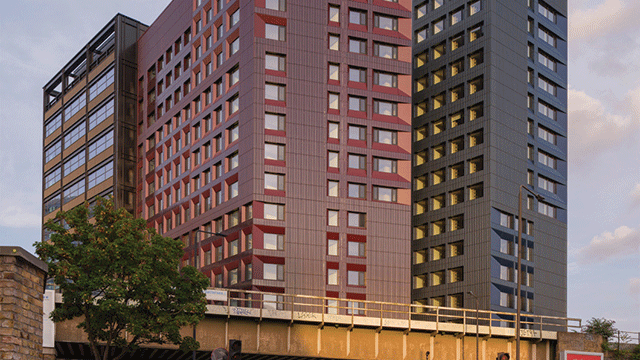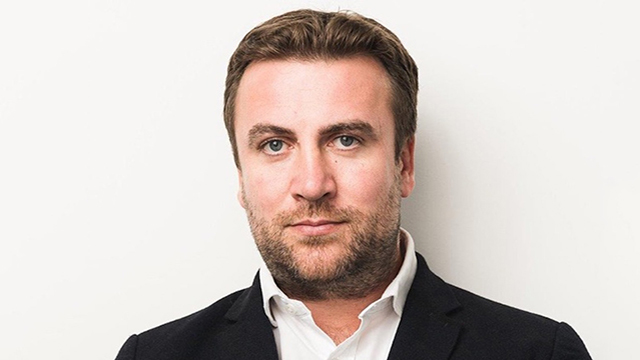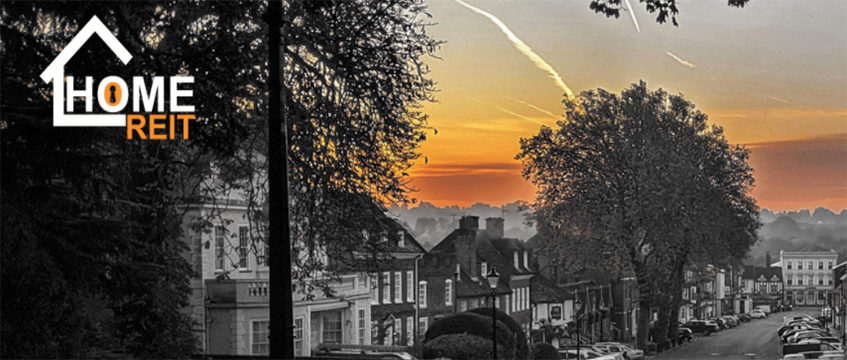Capa City Realty has its origins in an initiative by Catella Holland, a property management company controlled by Swedish Inter Ikea. Two years ago, a small quoted property company, Ravast, was acquired and renamed Capa City Realty; the plan was to use it as a vehicle to enable Swedish investors to make their Dutch real estate more liquid. Inter Ikea set the ball rolling by guaranteeing a share issue of NFl 75m and selling some of its properties into the company. The company is quoted on both the Amsterdam and Berlin stock exchanges.
In addition, Capa City intends to build up a NFl 1bn portfolio, specialising in the less-than-prime segment of the market. The strategy received a boost in early 1995 when Capa City bought a large portfolio from the development subsidiary of Dutch contractor NBM Amstelland. The purchase was partly paid for in shares, thus bringing in Capa City’s first major Dutch shareholder. At 28%, NBW Amstelland’s stake is just behind Ikea’s 29%.
The deal added NFl 140m of recently completed developments, mostly offices, in Utrecht, Amsterdam, Leiden and Arnhem. Other acquisitions in 1995 included four office buildings in Delft, Rijswijk and Utrecht, paid for in a mixture of shares and cash. From a base of around NFl80m at the time of the Ravast take-over, the portfolio has grown rapidly to NFl 417m. Director Enrico van Erkelens expects to reach the NFl 500m mark later this year and hit NFl1bn before the target date of 2000.
Capa City is firmly fixed on the sub-prime part of the market, which is largely ignored by institutional investors, and, van Erklens says, offers competitive investment returns. Currently the company is producing an 8% income return on equity for shareholders. Further expansion will continue via swaps: acquiring properties for a mixture of 60-70% cash to 30-40% equity.
The company wants to build up its institutional following. It hopes to exploit small institutions’ preference for indirect investment and persuade them to exchange their buildings for part-equity.
But Capa City is keen to expand and has looked at other routes. Last year, its approach to take over the Pay-Bas Property Fund was rejected by the fund’s main shareholder, Kungsleden. It was also in the running with ING Real Estate to buy a large chunk of offices from GAK in a sale-and-leaseback deal. This would have doubled the size of the portfolio. However, GAK is reconsidering its options.
International expansion is a longer-term possibility, after Capa City has amassed its desired NFl1bn of domestic holdings. Belgium, Germany, UK and Scandinavia are possible destinations. However geographic diversification will have to significantly boost investment returns and van Erkelens notes that the company may instead be best served by remaining a specialist Dutch property fund.
Currently, the portfolio is heavily weighted towards offices, 74%. Industrial and retail make up the balance, 17% and 9% respectively. Acquisitions are driven by returns rather than a rigid sector spread. Thus, unlike other Dutch investors, Capa City does not have any plans to increase its exposure to retail. In any case, it considers the sector to be overvalued, given the backdrop of stagnating consumer spending and a large volume of new space in the development pipeline. However, van Erkelens admits that the heavy bias towards offices carries a risk, and he would be more comfortable reducing the share to 50-60% in the longer term.
|
NLGm |
1995 |
1994 |
|
balance sheet total |
438 |
286 |
|
property investments |
417 |
271 |
|
equity |
131 |
77 |
|
direct investment result |
8.8 |
1.0 |
|
indirect investment result |
0.5 |
0 |
|
total investment result |
9.3 |
1.0 |
Capa City Realty NV
Kableweg 37
1014 BA Amsterdam
tel +31 20 686 2309
fax +31 20 686 7357










